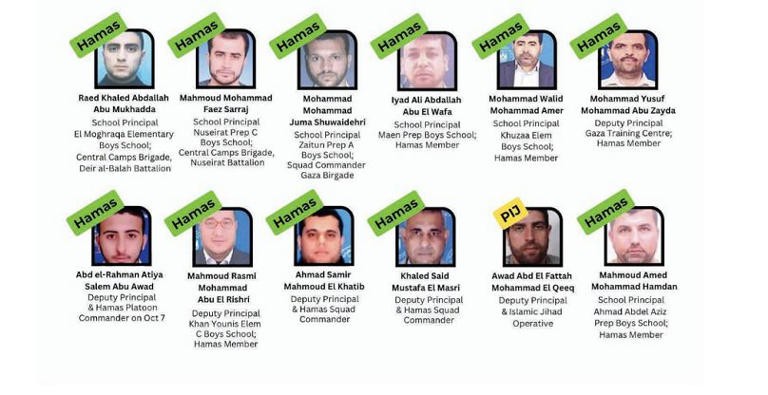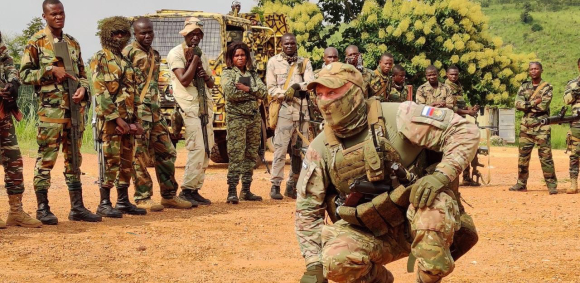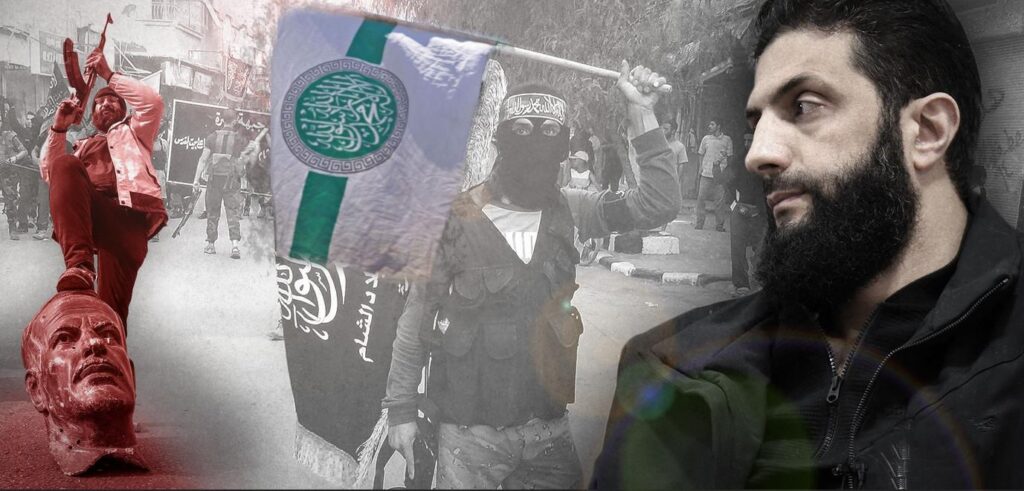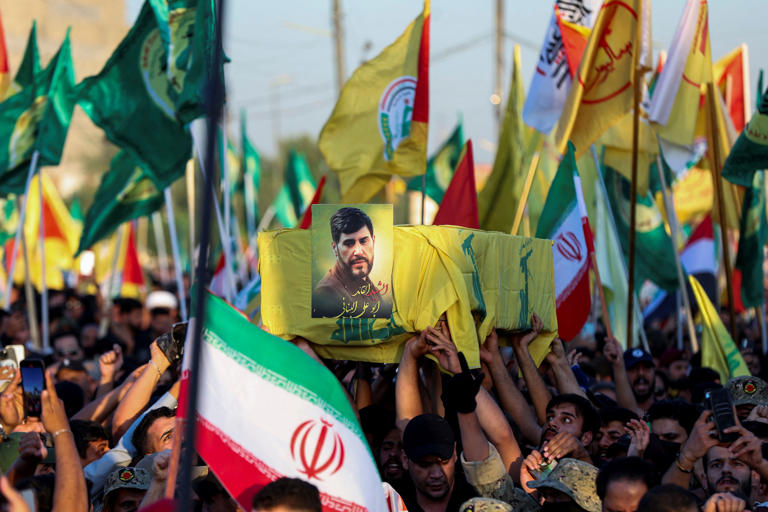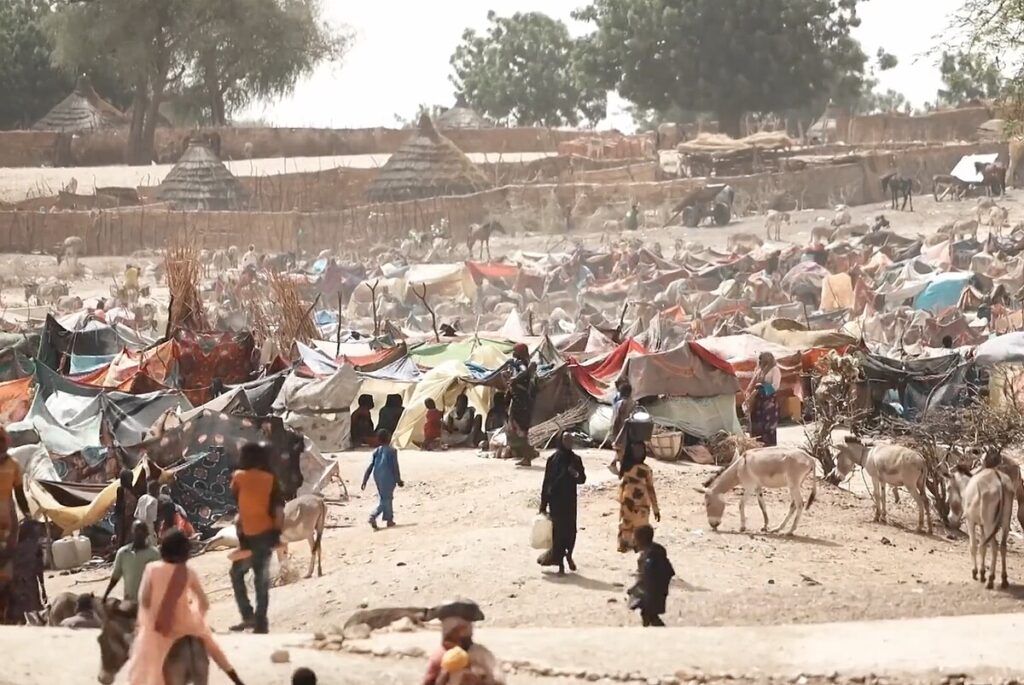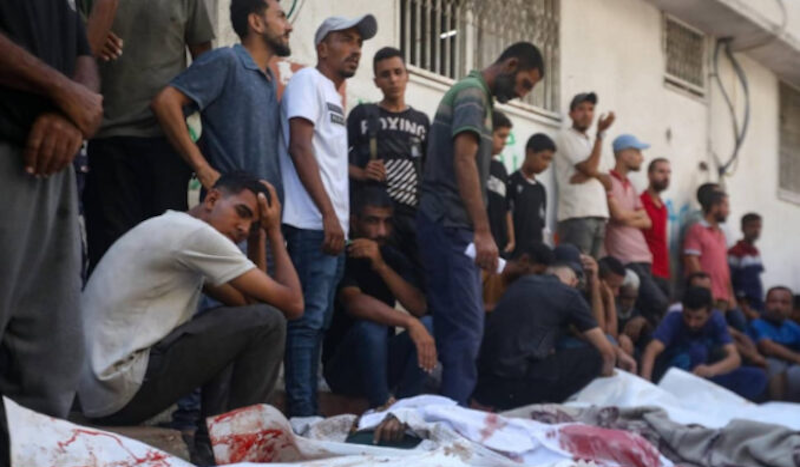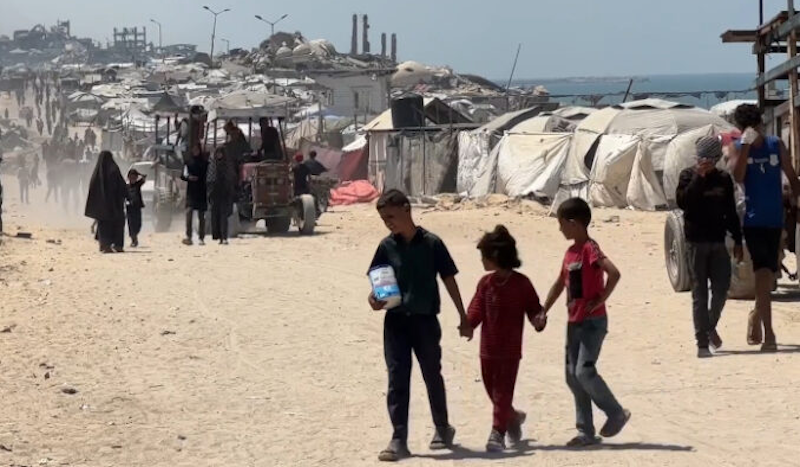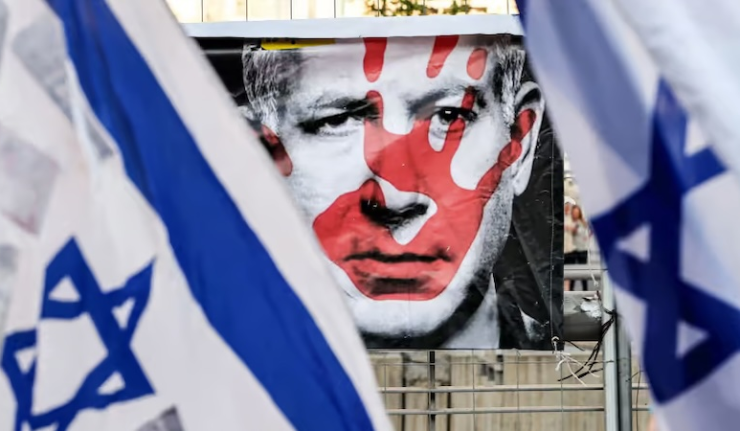Rape as a commandment – a new, yet old instrument of Islam conquering Europe

Usually, we would refrain from any racist notion, any attempt to accuse a large group on a religious basis, but in this case, we made very deep inquiries and made sure, that the statistics are sound. We had no alternative, but to publish the paper as it is.
Rape is rape and will be rape! Even if the motivation is supposedly of a fundamentalistic religious nature.

